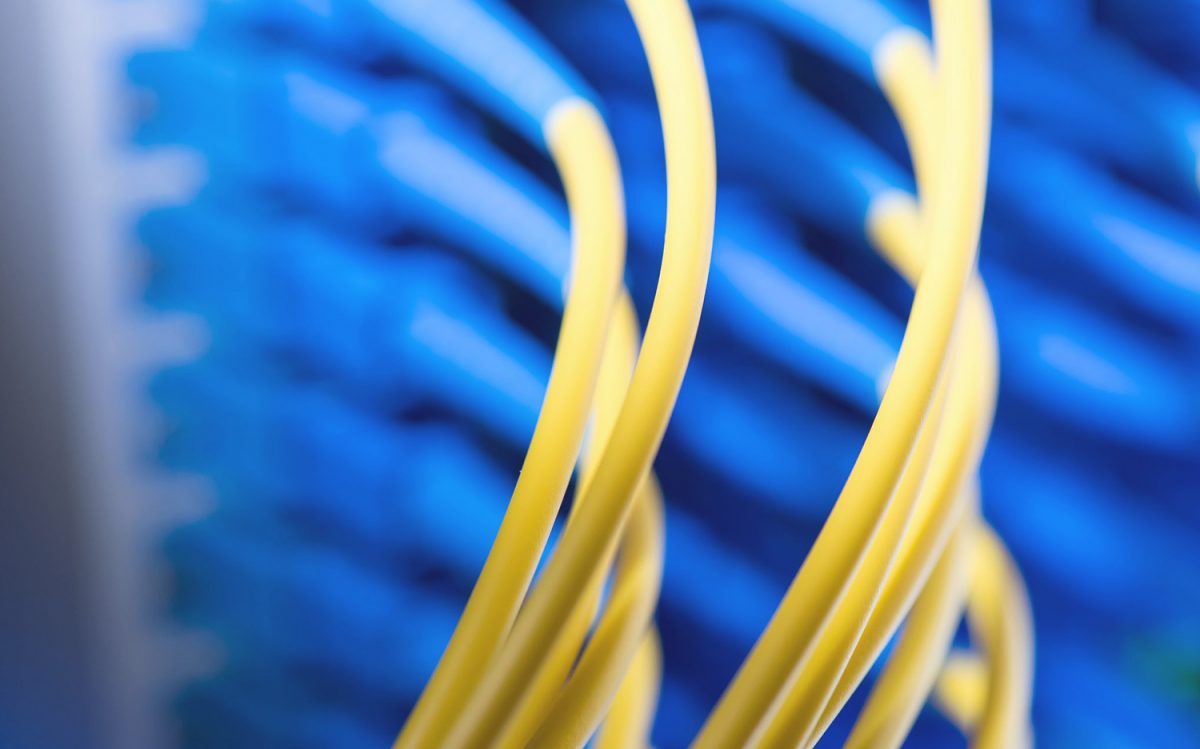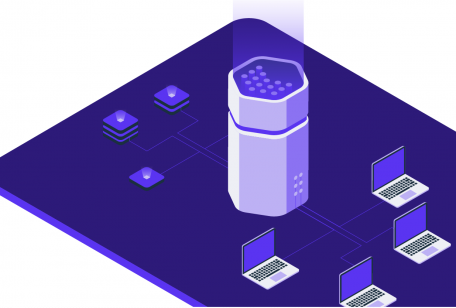
MDC Newsroom
From June 8th, 2018 to June 8th, 2019 IPv6 deployment in Mexico surged from 8.4% to 24.7% based on data by Akamai.
IPv6 connections in Mexico tripled over the past year. As of August 15th, 2019 Mexico’s IPv6 deployment rate reached 25.2%, placing it amongst the top 24 countries Google recognizes for IPv6 traffic deployment that exceeds 15% and the fourth highest deployment rate in Latin America.
This surge in IPv6 connections can be attributed to the country’s largest operators, like Telmex and Axtel, recognizing IPv6 as a business continuity necessity. Axtel acquired its first IPv6 block in 2009 and officially launched IPv6 Internet and VPN as standard enterprise services in 2013. For the next five years, IPv6 deployment remained under 10% in Mexico.
Why IPv6 matters
Every device capable of communicating with other devices requires an IP address. IPv4, the original IP address protocol, is currently the most widely used on the internet today but it is running out of addresses.
IPv6 was designed to use 128-bit addresses instead of the 32-bit used in the previous protocol. This configuration allows for 240 trillion, trillion, address combinations. Ipv4’s 4.7 billion combinations pale in comparison. IPv6 not only resolves IPv4’s exhaustion issue but the new protocol also offers many benefits, for instance:
- Improved Routing Efficiency
- Improved Packet Processing
- Directed Data Flows
- Simpler Network configurations
- Better Security

The only IXP established to peer with Mexico
The best way to peer with MexicoWhen will IPv4 addresses run out?
According to data by Geoff Huston, Chief Scientist at the Asia Pacific Network Information Centre (APNIC) and widely regarded as the most distinguished researcher on IPv4 exhaustion, the last IPv4 address blocks have already been set aside to the Regional Internet Registries (RIRs) and most have been depleted and the remaining will reach the estimated exhaustion date soon.
IPv6 Deployment
In 2012, the Internet Society brought together the world’s major Internet Service Providers (ISPs), home networking equipment manufacturers, and web companies to permanently enable IPv6 for their services and products.
Since then, IPv6 has grown from its early phase for “innovators” and is now moving into the “early majority” phase. More than 25% of all internet-connected networks advertise IPv6 connectivity. Google reports 49 countries already deliver more than 5% of traffic over IPv6, with new countries joining all the time. In Mexico, overall IPv6 support has steadily grown to 41%. ISPs like Totalplay, Hurricane Electric, and AT&T provide IPv6 by default.
IPv6 addresses in Mexico are guaranteed for those who need them. Policies are built openly, by multiple stakeholders through participation in the Latin America and Caribbean Network Information Centre (LACNIC) as the Internet Addresses Registry for Latin America and the Caribbean.
NIC Mexico, the delegated entity that is responsible for the registration and administration of Internet numerical resources in the country, has expressed its commitment, in accordance with its mission to contribute to a better Internet, to reinforce the adoption of IPv6 and to make available to all members of the Internet Association the information and procedures available to facilitate the process.








